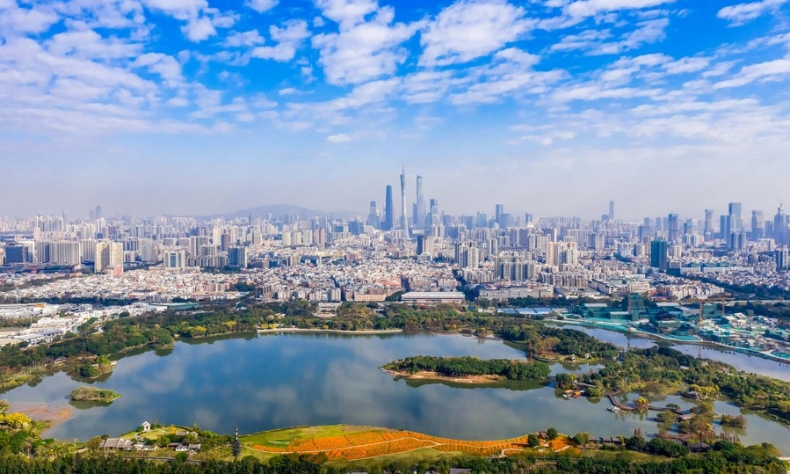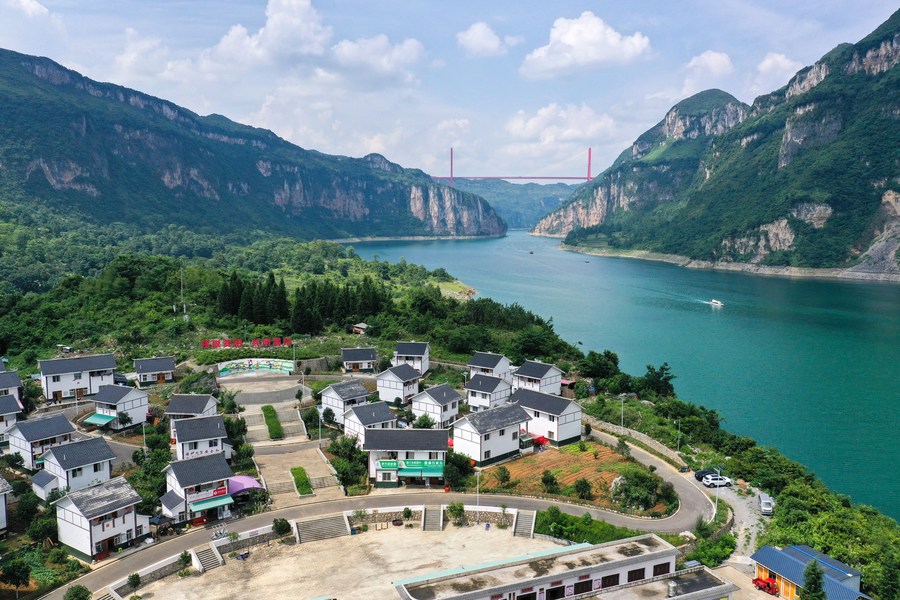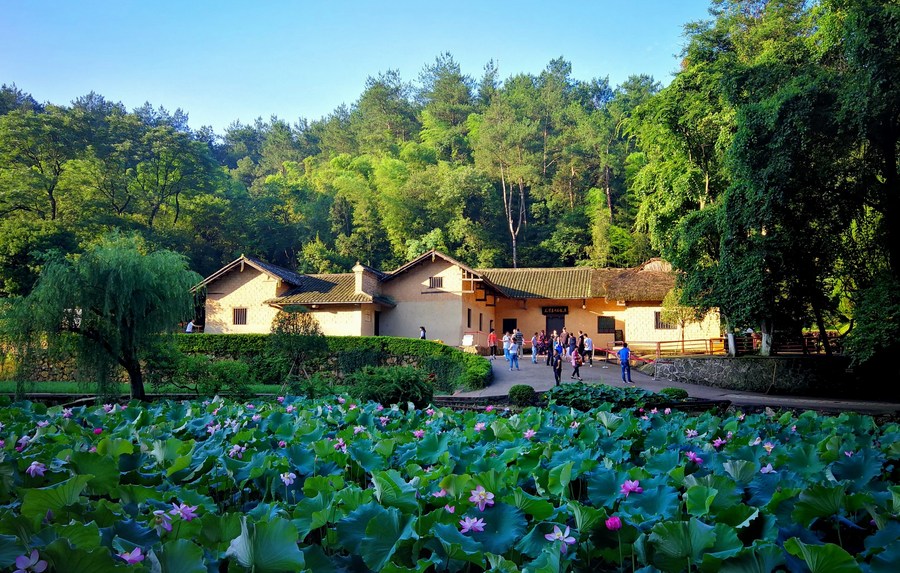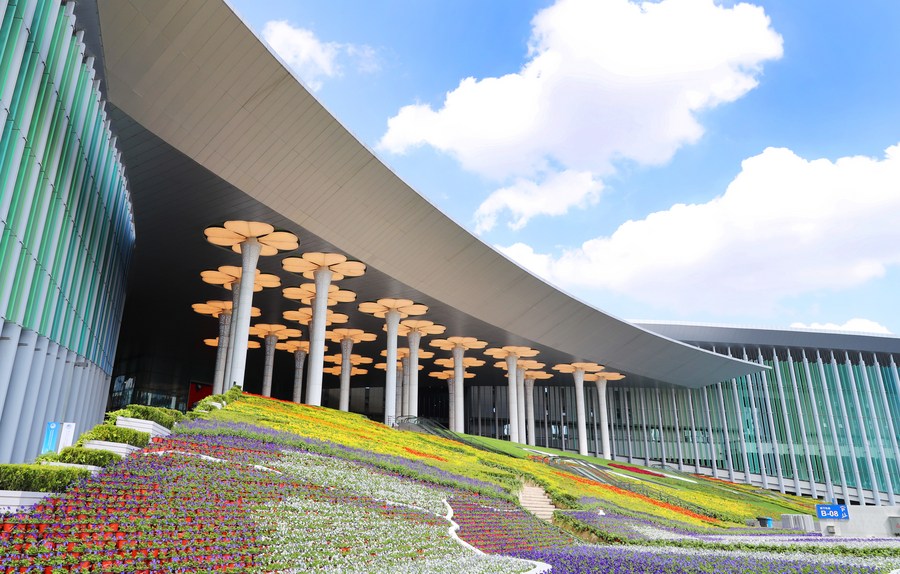Misreadings and Misattributions

When Xi’s reforms began stamping out corruption, emphasizing good governance, putting people first, promoting green development and eliminating poverty, this was strangely portrayed in the West as ‘anti-democratic’ and a return to Maoist egalitarianism. It was neither.
The Sixth Plenary Session of the 19th Communist Party of China (CPC) Central Committee has concluded with a much anticipated resolution on the Party’s history, the third such resolution since the Party’s founding, amid expectation that a new assessment would appear this year. The session came at a time when China signaled it had entered a “new era” and celebrated the 100th anniversary of the Party’s founding in tandem with achieving a xiaokang (moderately prosperous) society and after eliminating extreme poverty, while transitioning to a new development model, advancing the green revolution, recovering from the pandemic, and further bolstering sovereignty and national defense.
Chinese media reports for the most part have focused on the 10 principles or lessons the report provides to help China tackle major challenges in coming decades.
Western media, however, have focused on the extent to which the resolution emphasizes developments since the 18th CPC National Congress in 2012, when the current generation of leadership took power; the prominence accorded to Xi Jinping Thought on Socialism with Chinese Characteristics for a New Era, a thought whose formation was first announced at the 19th CPC National Congress in 2017; and references to the importance of preserving a strong center and his position therein. Nevertheless, while it’s possible and legal for the current leadership to stay in power beyond next year, the resolution does not confirm this will happen. Rather, it’s a resolution on history and not a prediction of what will happen in the future.

Key misunderstandings
Western media and even some Western scholars have also repeatedly tried to equate Xi with Chairman Mao Zedong and have read the resolution with this in mind. This is due to gross ignorance and a misguided attempt to throw historical shade on the present. It’s also a bit of wishful thinking, and doubly so, insomuch as the West believes Mao’s leadership produced catastrophic failures, and any repetition of something similar is likewise doomed to fail.
Above all, Western critics fail to understand four key points about China’s past and present, despite what this resolution asserts and the one that preceded it in 1981, when the Mao years were critically assessed.
First, the leadership line at the Party’s center survives and proceeds only if it’s effective—if it actually advances national interests that improve the wellbeing of the Chinese people. A popular Western myth holds the CPC is an authoritarian monolith that imposes its will on 1.4 billion people, and that presently, Xi has concentrated that power in himself. In fact, Chinese politics is far more complicated than this, and the Chinese people are not a mindless herd, easily cowed or controlled contrary to their common or individual interests. To argue they are, however, seems to fit the racist, Orientalist imagination still central to a lot of Western thinking.
Second, although Western scholars wrongheadedly equate Mao with other great bogeymen of history, Mao’s positive contributions to the CPC and China vastly outweigh whatever shortcomings are ascribed to him. This was made clear in 1981, and it’s made clear today through this new resolution and nearly all the paper money produced in China today, which carries Mao’s image. Thus, to be associated with Mao is not a negative for the Party or Xi, and the Chinese certainly have better insight about this than the West does.
Third, Xi is constantly accused in the West of wanting to stay in power for life, and for building a Mao-like cult of personality to do so. In fact, we really don’t know what Xi’s long-term political plans include, but we can assume that as long as his leadership is advancing China’s position like it has managed to do thus far, there will be compelling reasons for him to remain at or near the center, in one form or another.

That said, the idea that there’s a “Xi cult” on par with Mao’s is a gross misreading of history. In fact, if we compare Xi with former U.S. President Donald Trump, we’ll find the latter did far more to cultivate a destructive cult of personality that not only trashed American politics, but also sped American decline and still continues to haunt U.S. today. And keep in mind, Trump did everything he could to stay in power illegally, even instigating a coup against Congress earlier this year. In fact, one might even argue that the extent to which a “Xi cult” exists is even less present than the one associated with Trump’s predecessor—Barack Obama.
Fourth, in many Western publications and from U.S. leaders we see a false equation of Xi’s reforms with Mao’s policymaking. This misreading was preceded by another: Under previous leaders, including Deng Xiaoping, Jiang Zemin, and Hu Jintao, the West also asserted that the CPC was no longer “communist” or “Marxist.” Rather, the watchword was “pragmatist,” and there was even the silly quip that the CPC stood for the “Capitalist Party of China.” This was read through the rose-tinted self-congratulating lenses known as the “end of history” thesis that asserted economic reforms would liberalize the CPC and transform China’s political system into something similar to those seen in the West. This led critics to overemphasize differences between the leadership of Mao and Deng while ignoring the continuities, and to likewise fail to note the continuities that link all the leaders.
Nevertheless, when Xi’s reforms began stamping out corruption, emphasizing good governance, putting people first, promoting green development and eliminating poverty, this was strangely portrayed in the West as “anti-democratic” and a return to Maoist egalitarianism. It was neither.
Furthermore, how can such nonsense be reconciled with China’s efforts to support free trade and peace, advancing global development with the Belt and Road Initiative, leading efforts to limit global warming, supporting global COVID-19 containment and recovery, promoting “true multilateralism” and a “shared future for humanity,” hosting the China International Import Expo, becoming first in the world for attracting inbound foreign direct investment, and seeing GDP top $15 trillion and per-capita GDP exceeding $10,000, and more than 400 million middle-income earners?

A correct assessment
It’s important to draw lines and reach conclusions when moving forward. History must be reassessed periodically because hindsight and experience reveal facts that were otherwise obscured, along with their consequences and contexts. And this kind of exercise is especially important for a Marxist party like the CPC, one with 100 years of experience that has already achieved a number of historical goals for China and that has many more in the works, including achieving common prosperity and nearing carbon neutrality.
Given China’s political system, centralized planning practices, and results-oriented policymaking, reflecting on history, particularly as the nation is entering a new era and moving toward new goals, is vital for communicating to everyone, in the party, in government, throughout society, so all can pull together, for planning, implementation, innovation or reform. But it’s also vital that the international community has a correct understanding of what has happened in China, how the Chinese understand their own history, and how this relates to what comes next.
So far, so many in the West seem incapable of reading, understanding, reflecting, or accepting Chinese history, but of course, that shouldn’t surprise us. Many Westerners have little real understanding of their own history, or how their own misdeeds have led to the miseries they now experience or contributed to China’s determination to chart a different course.
The author is professor of politics at East China Normal University in Shanghai.
 Facebook
Facebook
 Twitter
Twitter
 Linkedin
Linkedin
 Google +
Google +










